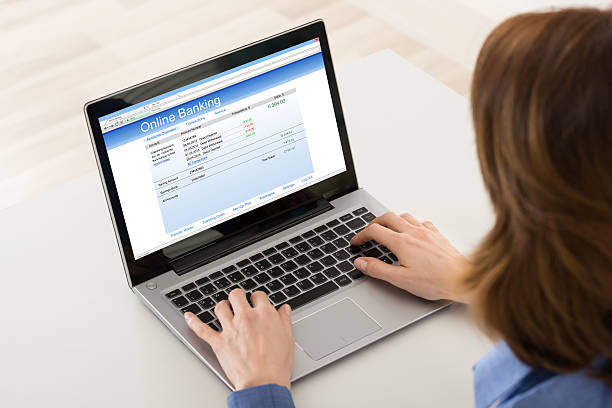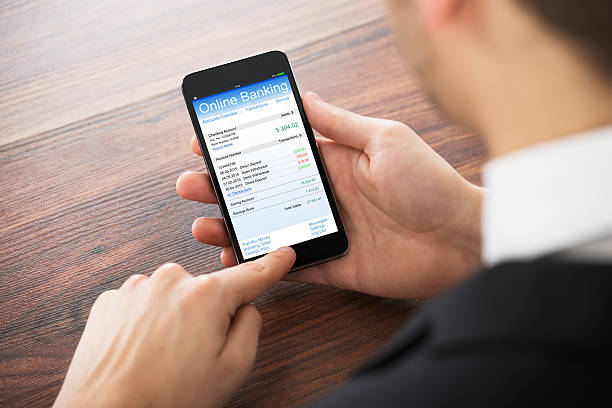Routing numbers, also known as ABA numbers, serve as unique identifiers for financial institutions. They help facilitate transactions such as direct deposits, electronic transfers, bill payments, and more. Using an invalid routing number can result in payments being rejected or directed to the wrong bank, leading to unnecessary delays and potential fees.
Methods to Verify a Routing Number's Validity
Contact Your Bank:
The most straightforward way to verify a routing number's validity is to contact your bank or financial institution directly. Speak with a representative or check their official website for accurate information.
Use Online Verification Tools:
Several online tools and resources are available that can help you verify the validity of a routing number. These tools often use databases to cross-reference routing number information.
Check Routing Number Directories:
Online routing number directories can provide accurate and up-to-date information about financial institutions and their routing numbers. Ensure you're using reputable sources.
Ask the Payee:
If you're making a payment to an individual or business, consider asking the payee for their routing number to ensure accuracy.
Use Official Documentation:
Refer to official bank statements, checks, or other documents provided by your bank to confirm the routing number.
Common Mistakes to Avoid
Typos: Double-check the routing number for any typos or errors before initiating transactions.
Using Outdated Information: Ensure you're using the most current and up-to-date routing number, as these can change over time.
Wrong Source: Rely only on reputable sources for routing number verification. Unverified online sources might provide inaccurate or outdated information.
Tips for Secure Transactions
Double-Check: Always double-check the routing number before initiating any transactions. Mistakes can lead to complications and delays.
Confirm with Recipient: If you're receiving funds or making payments, confirm the routing number with the sender or recipient to avoid errors.
Use Reputable Resources: Choose trusted online tools, directories, or official bank information for routing number verification.
Document Transactions: Keep records of transactions, including confirmation numbers and receipts, for your reference.
Conclusion
Verifying the validity of a routing number is a crucial step to ensure the accuracy and success of your financial transactions. Whether you're receiving funds, making payments, or setting up direct deposits, taking the time to confirm the routing number's accuracy can prevent complications and unnecessary delays. By using reputable sources and double-checking your information, you can confidently navigate the world of routing numbers and streamline your financial transactions.
Frequently asked questions (FAQs) about routing numbers and account numbers, as well as how to change or update a bank routing number




